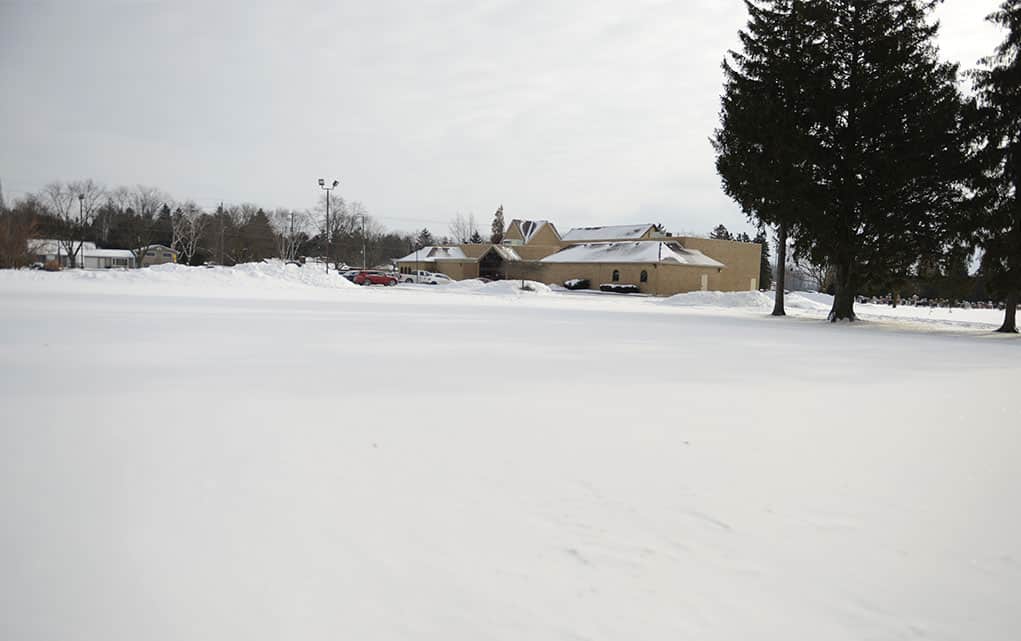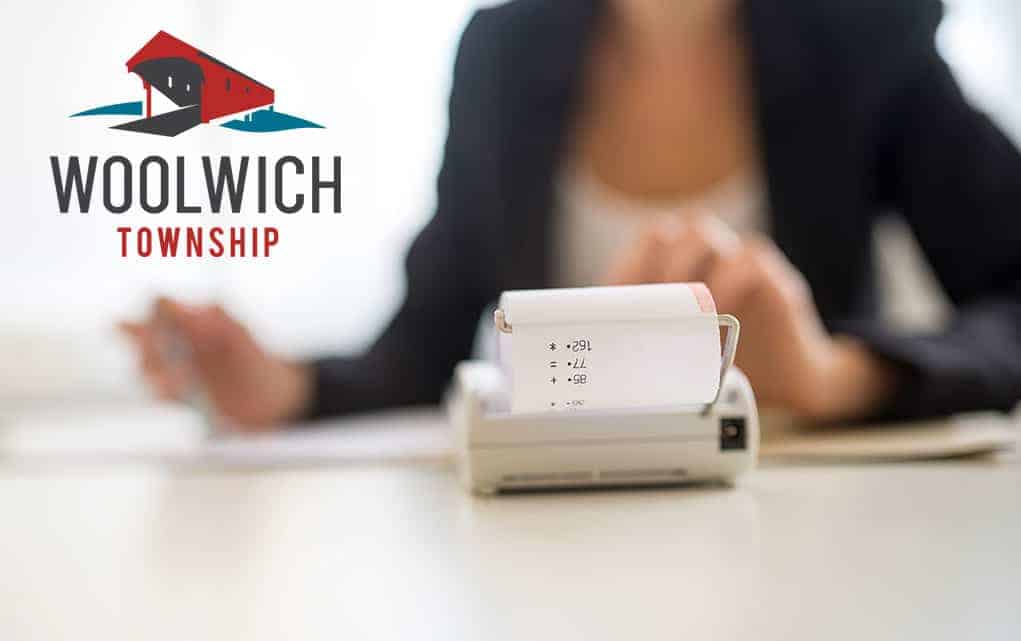;
;
;

A few last-minute tweaks to the 2018 budget will see Woolwich residents hit with a 2.62 per cent tax hike this year. That’s down from the 3.3 per cent target set when the budget process got started. The new rate adds $21.71 to township portion of this year’s property taxes, based on an average asses
Last updated on May 03, 23
Posted on Feb 08, 18
2 min read
